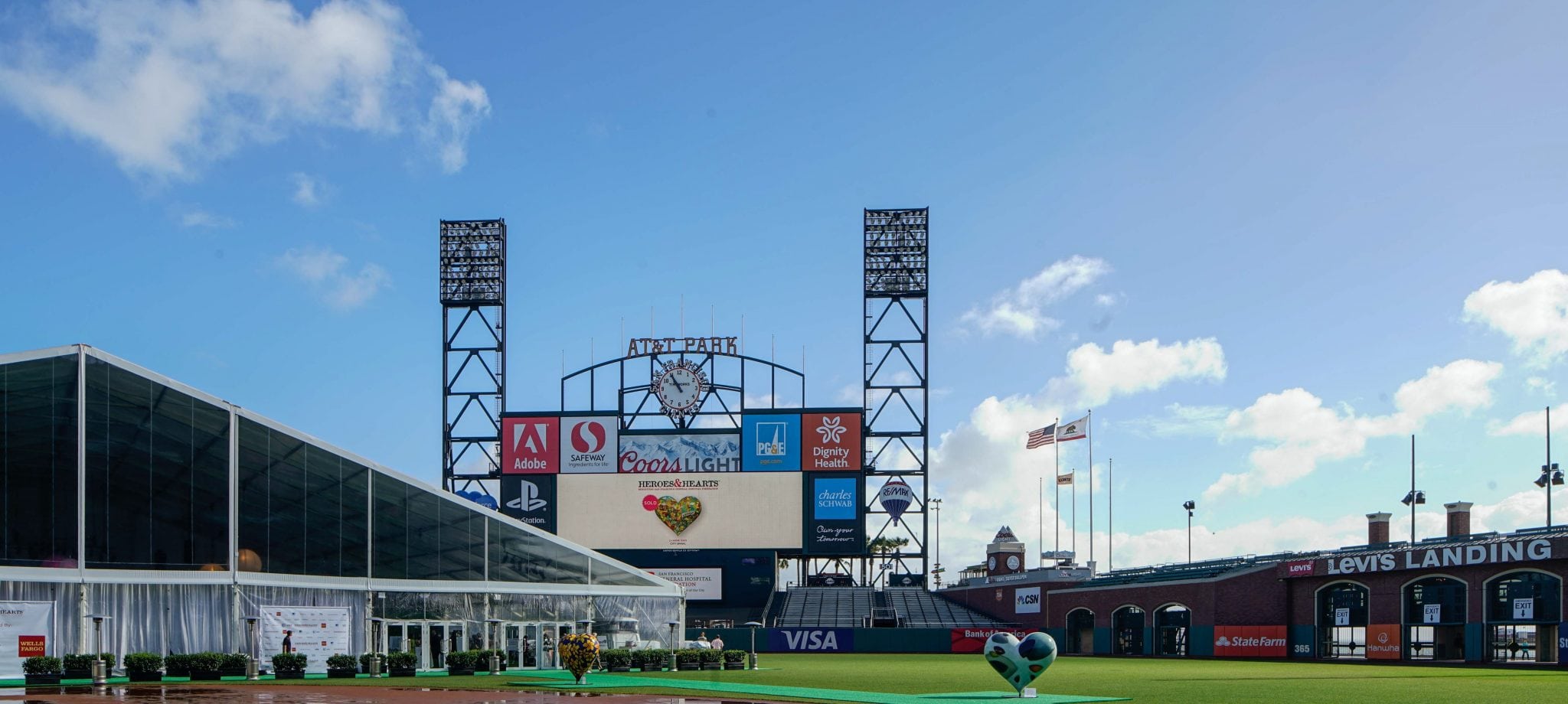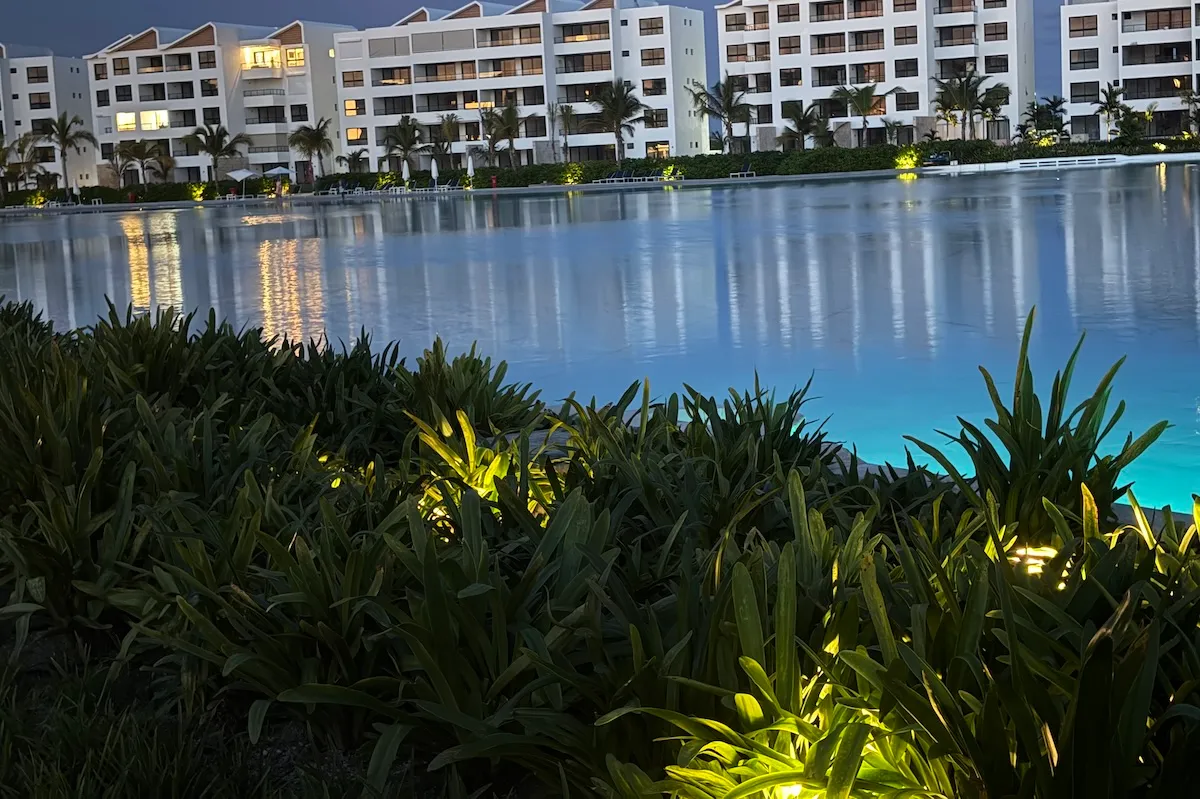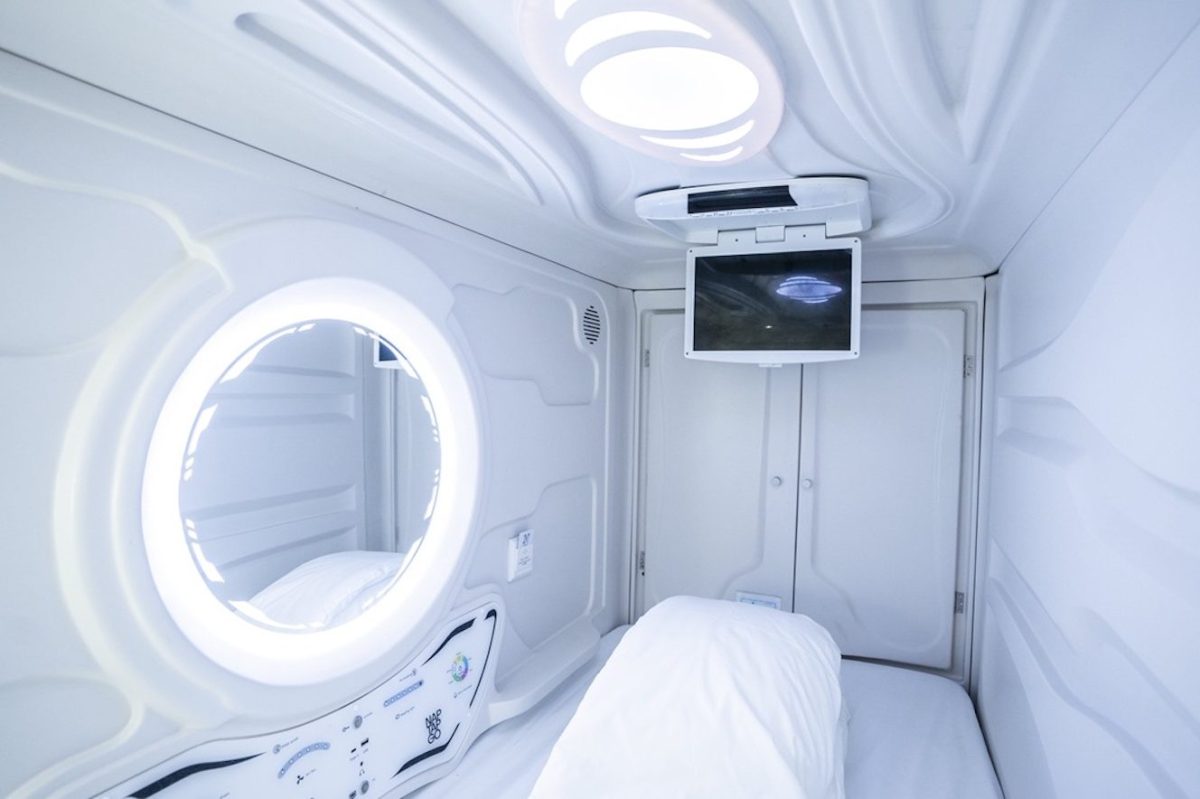Planners Look to Sports Venues to Host Innovative and Immersive Events

Skift Take
Meeting and event planners seeking to score a touchdown or hit a homerun for their next major event are increasingly turning an eye toward professional sports venues.
The use of sports stadiums and ballparks for meetings and conferences is on an upswing as planners seek out one-of-a-kind venues that can provide impactful experiences specific to a city or locale.
"With seven professional sports teams, Denver is not short of major sporting venues, and we see a growing use of these facilities outside of the teams they host," said Matthew Payne, executive director of Denver sports, with Visit Denver. "Even with a good amount of games happening throughout the year, there are still open dates on the calendar that leave an opportunity for an industry that is sophisticated in putting on events."
A Search for Out-of-the-Box Solutions
Several factors are playing into this new look at venues for events, including the changing nature of meetings themselves, noted Greg O'Dell, president and CEO of EventsDC. O'Dell's organization helps bring events to nine venues across Washington, D.C., including the Verizon Center and Nationals Park as well as the Walter E. Washington Convention Center.
"Sometimes it's about outgrowing space or a building, but part of it is the evolution of meetings — sometimes they've gone from having breakout sessions to more plenary sessions or vice versa from less plenary sessions to more breakout space where they need different venues," O'Dell said.
Meeting and event planners are also searching for venues that will increase attendees' satisfaction, which requires a willingness to think out-of-the-box, O'Dell explained.
"They've got to figure out something new or different every year, so I think they're looking or craving new ideas and certainly for cities to sell them on different ways they can entice their membership to come to their conference," O'Dell said. "People are craving more unique experiences and more authentic experiences. Planners can say, 'Oh, we did this in Washington, D.C., and we couldn't do it anywhere else.'"
Major League Meetings
Sports venues, meanwhile, pride themselves on offering something unique compared to other more traditional locations. Easy to access and often located within a short distance of major hotels and downtown convention centers, most city stadiums and ballparks are not only convenient, but offer flexibility with adaptable spaces for large or small conferences, meetings, or events.
That was certainly the case for San Francisco General Hospital Foundation's (SGHF) Heroes & Hearts event. In 2011, after six years in San Francisco's famous Union Square, the SFGHF's Heroes & Hearts Luncheon committee decided to move the fundraiser to the home of the San Francisco Giants: right on the field of AT&T Park.
"By moving the event to AT&T, we were able to increase our capacity and reach more individual and corporate supporters who were interested in raising money and awareness for the vital programs at Zuckerberg San Francisco General Hospital and Trauma Center," said Amanda Heier, CEO of SFGHF.
The use of AT&T Park also allowed SFGHF to incorporate innovative marketing strategies and customized hospitality options for sponsors, all of which would not be available in a more traditional setting.
"In addition to the cache of our guests having lunch on the field of the World Series Champions San Francisco Giants, the park offers an array of one-of-a-kind marketing opportunities for sponsors," said Heier. "In years past, donors, at certain sponsorship levels, received visibility on the scoreboard, behind the scenes tour, access to batting tunnels and meet-and-greet session with VIPs in the Visitor's Club House."
Besides the excitement that comes along with being in the home of a major league professional sports team, these venues also offer state-of-the-art audio-visual capabilities, as well as on-site staff and catering capabilities.
"Our tagline is 'We're a diamond in D.C.,' not only because we have an actual baseball diamond but because we think our level of customer service sets us apart," said Emily Dunham, executive director of ballpark enterprises for the Washington Nationals.
Over the last 11 years, D.C.'s Nationals Park has hosted hundreds of events ranging from client appreciation picnics for local law firms to multi-day conferences to a Papal Mass for 47,000 people during Pope Benedict XVI's 2008 visit to the United States. "We're used to hosting 41,000 people here 81 times a year so we know how to handle large groups of people and make the experience good for everyone," said Dunham.
Sports & Meetings: The Perfect Team
For the teams, using their sports venues for more than sports creates ancillary revenue and leverages existing team assets, including marketing, sponsorship, and public relations divisions. "We were the first sports team to create an events group that would look at utilizing their asset," said Stephen Revetria, senior vice president of Giants Enterprises, a wholly owned subsidiary of the San Francisco Giants. "We were the first privately funded sports stadium of the modern era, so we had an incentive to do something."
Formed in 2000, Giants Enterprises helps hundreds of clients host one-of-a-kind experiences at AT&T Park. Since its inception, Giants Enterprises has produced thousands of private and public events, including meetings, fundraisers, conferences, and trade shows.
"Teams only play a fixed amount of dates a year so if you can utilize those assets and those groups to help capture and bring business to your facility, why wouldn't you?" Revetria asked.
Other professional teams and even hotels are taking note and getting in on the trend. Omni Hotels, which already has a hotel in San Diego attached to Petco Park, is developing two additional properties that will be connected to major league sports facilities in Dallas and Atlanta. All of which will make it easier for meeting and event planners to use both venues with ease.




